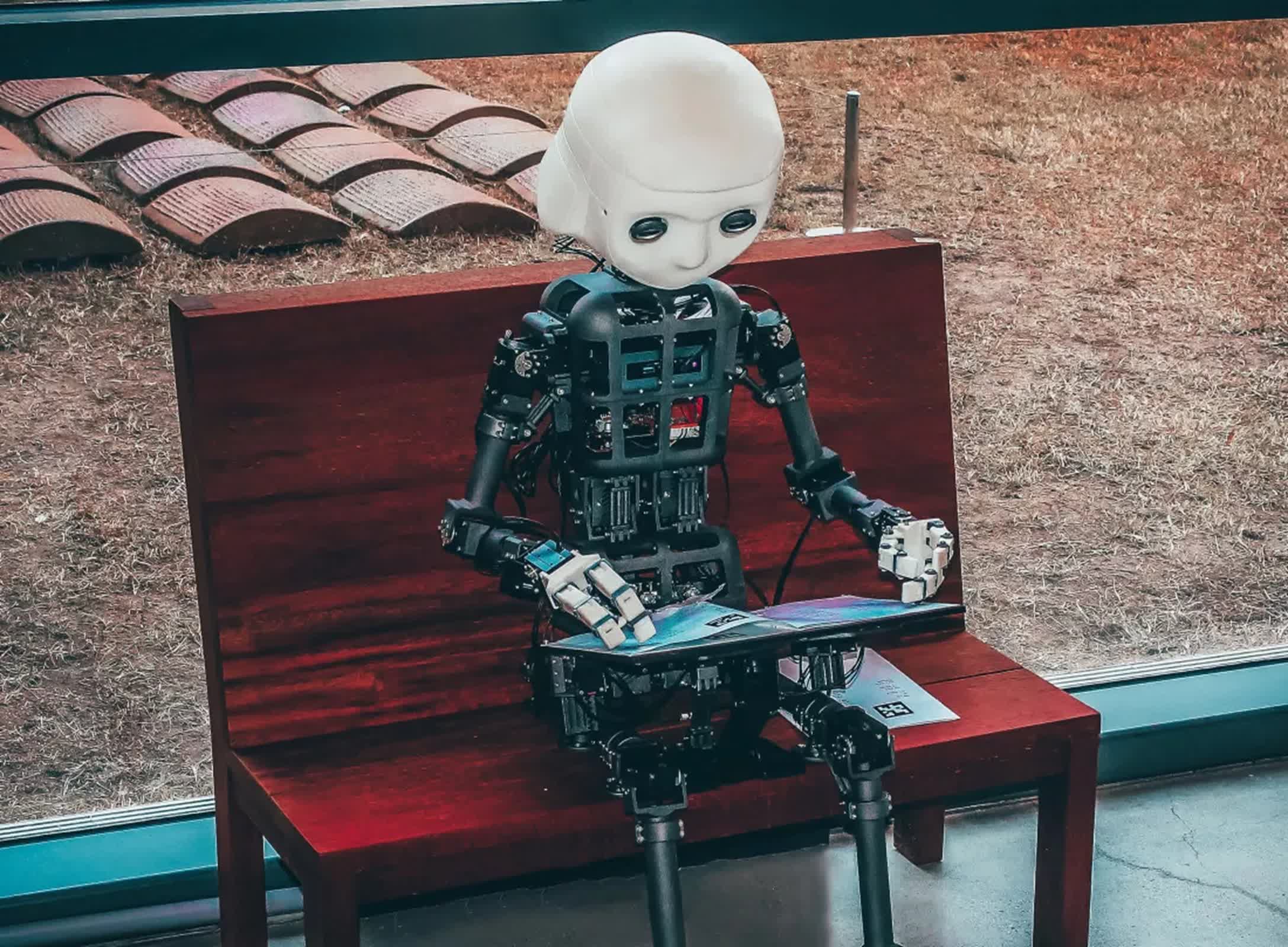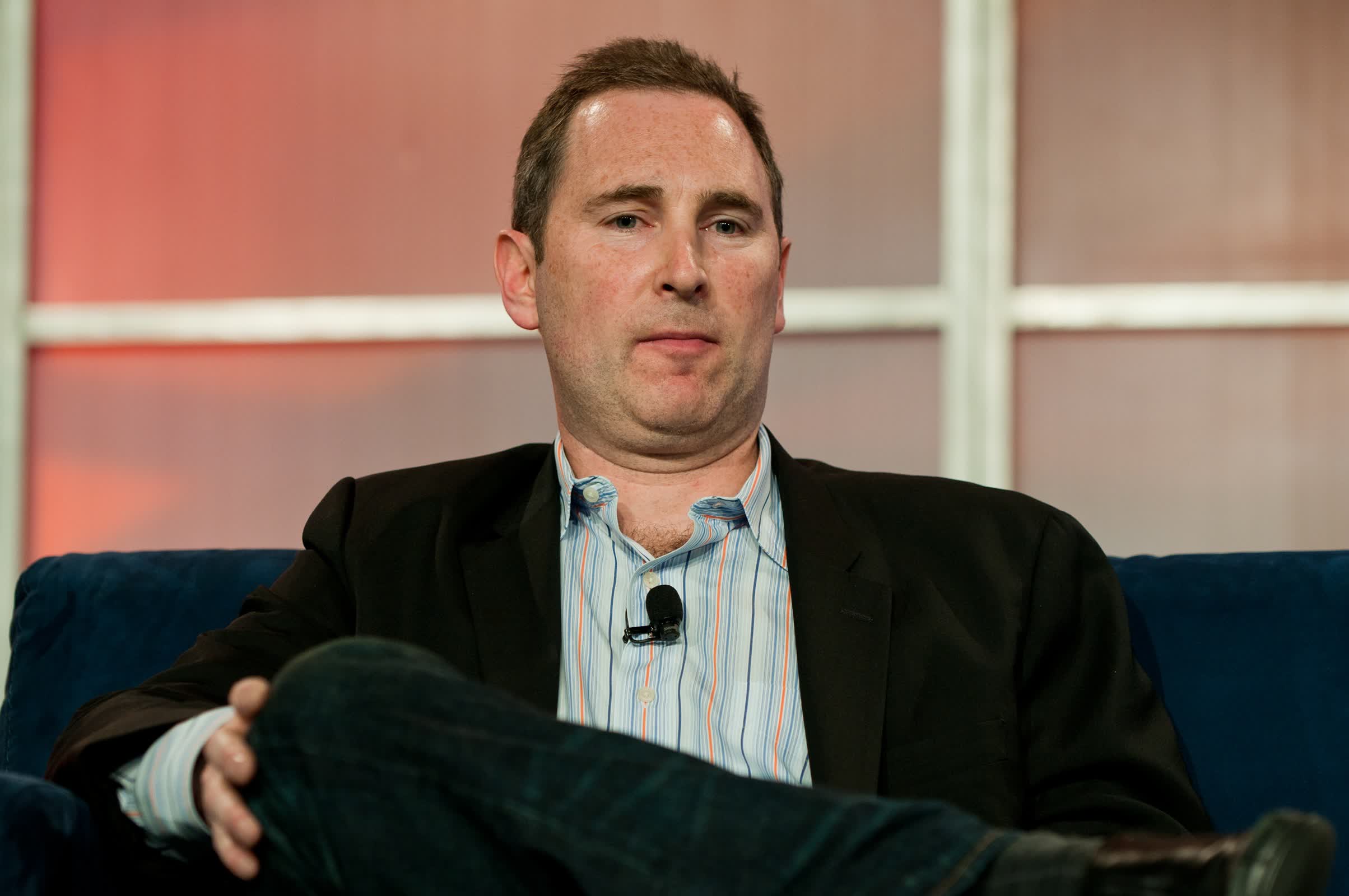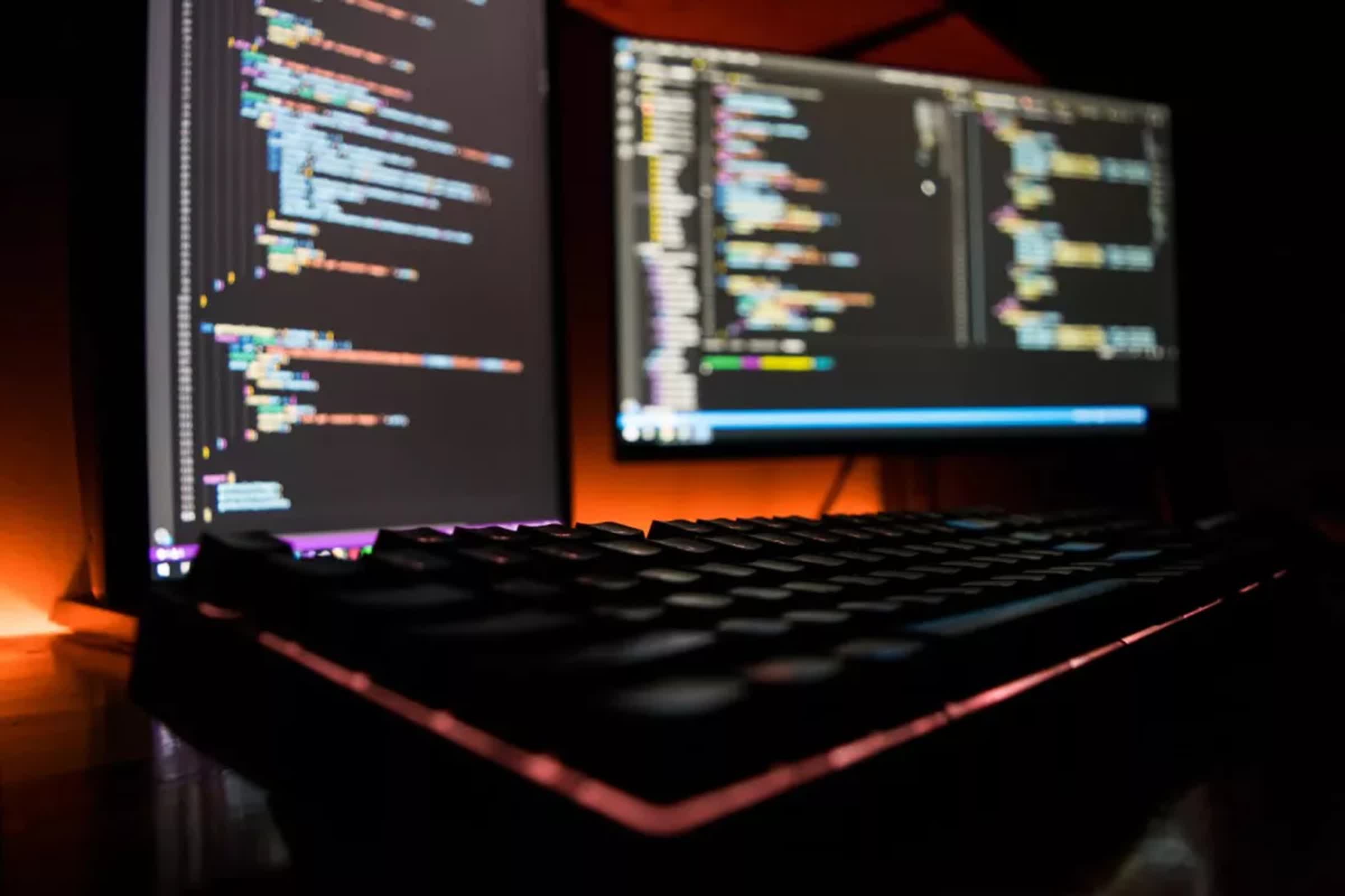A hot potato: Software engineers at Amazon are experiencing mounting pressure as artificial intelligence becomes central to their daily work, fundamentally altering how they write code, collaborate, and advance in their careers. Over the past year, managers have raised expectations and shortened deadlines, pushing engineers to adopt AI-powered tools like Microsoft's Copilot and Amazon's assistants to keep up with a relentless pace.

Teams that once counted a dozen developers have been cut in half, yet the volume of code they're expected to deliver remains unchanged – a shift that one engineer described to the New York Times as "building a feature for the website used to take a few weeks; now it must often be done within a few days."
This transformation is not just about speed. Engineers say the nature of their work is changing, with thoughtful programming giving way to a process that feels more like an assembly line. "It's more enjoyable to write code than to review it," Simon Willison, a programmer and AI enthusiast, told The NYT. "When you're working with these tools, [code review] is most of the job."
Many engineers now spend less time brainstorming and more time reviewing and validating code generated by AI, a move that leaves some feeling like bystanders in their own roles.

Amazon's leadership sees these changes as essential for staying ahead in a fiercely competitive industry. CEO Andy Jassy told shareholders that generative AI delivers "big returns for companies that use it for productivity and cost avoidance," and called for faster work to prevent competitors from gaining ground.
Jassy cited coding as an area where AI would "change the norms" and pointed to Amazon Q, the company's internal AI assistant, which has helped cut the average time to upgrade an application from 50 developer days to just a few hours.
According to Jassy, these improvements have saved the company the equivalent of 4,500 developer years and produced an estimated $260 million in annualized efficiency gains. Nearly 80 percent of AI-generated code reviews shipped without further changes.
Other tech giants are following suit. Shopify's CEO told employees that AI use is now a "baseline expectation" and will be factored into performance reviews, while Google announced a hackathon focused on building AI tools to boost productivity, with winning teams set to receive $10,000. At Google, more than 30 percent of code is now suggested by AI and accepted by developers.

While some managers argue that AI frees engineers from tedious tasks and enables more interesting work, not all employees are convinced. The pressure to deliver at this new speed has left some coders drawing parallels to the automation wave that changed Amazon's warehouses, where robots made work more repetitive and physically demanding. Engineers told the New York Times that, while using AI is technically optional, it has become necessary to meet output goals that affect their performance reviews.
The new standard has also raised concerns about career development, especially for junior engineers. Tasks like drafting memos and testing software – once valuable opportunities for learning – are increasingly automated.
One engineer said that automating these functions could deprive junior developers of the know-how they need to get promoted. Amazon maintains that collaboration and experimentation remain important and that AI is intended to augment, not replace, engineers' expertise.
The broader impact of AI on the profession is still unfolding. In 2024, Amazon's cloud computing chief, Matt Garman, predicted that within two years, many software engineers might not be coding at all, but instead focusing on understanding customer needs and building innovative solutions, as AI handles the bulk of traditional programming tasks.
Meanwhile, the rapid adoption of AI has sparked fresh anxieties among Amazon employees. A group called Amazon Employees for Climate Justice has become a forum for discussing the stress of AI-driven work, alongside concerns about the environmental impact of the company's growing data center operations. "The concerns have revolved around 'what their careers will look like,'" said Eliza Pan, a former Amazon employee and spokesperson for the group. "And not just their careers, but the quality of the work."
"Like an assembly line": Amazon engineers feel squeezed by AI-driven workflow